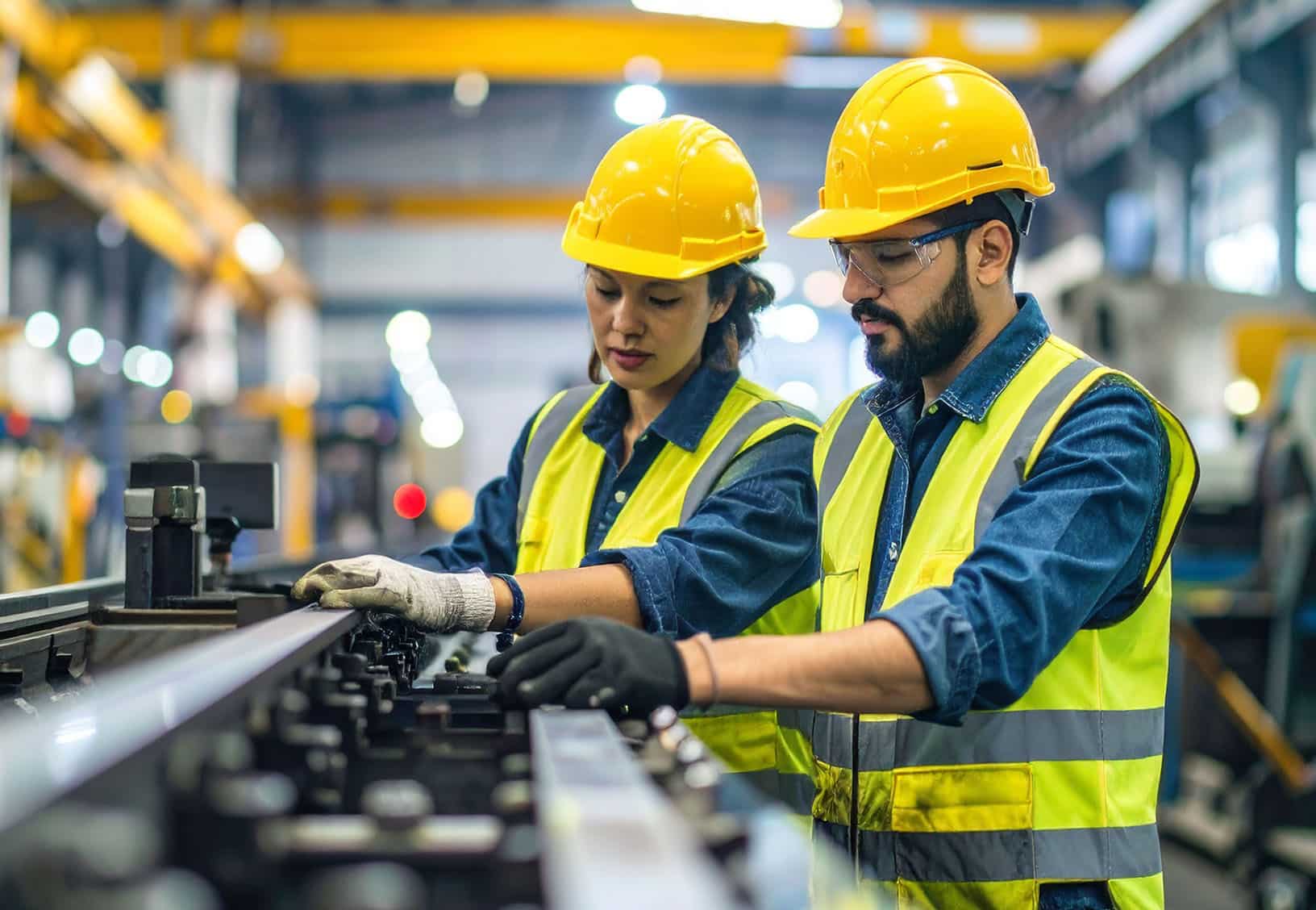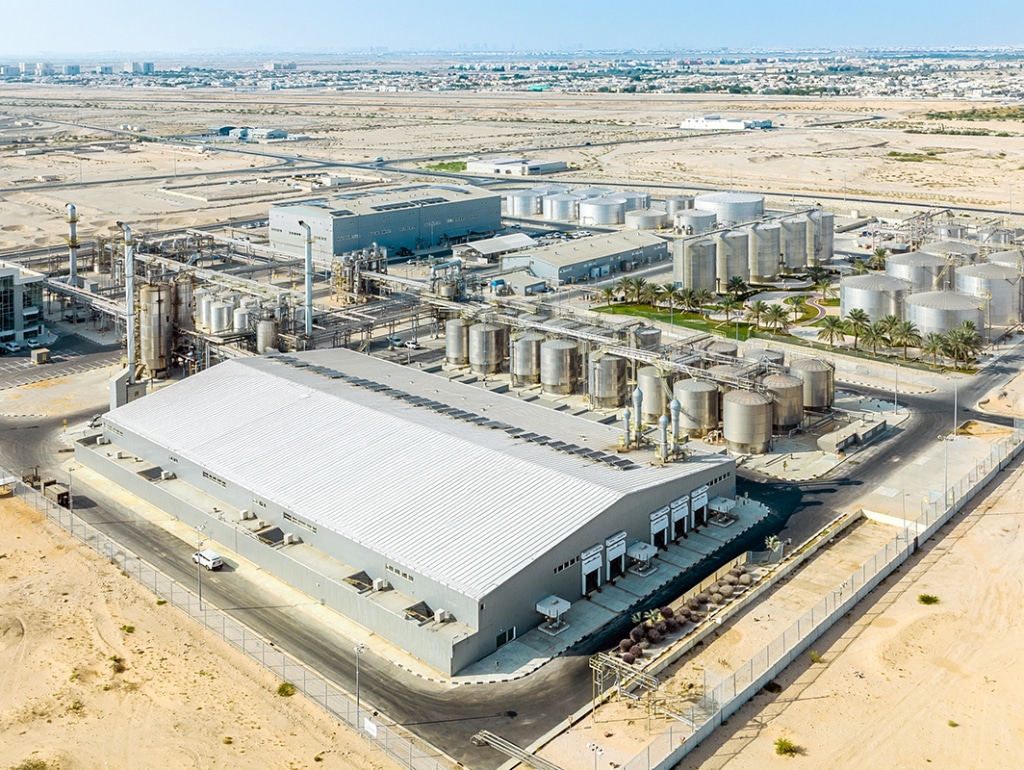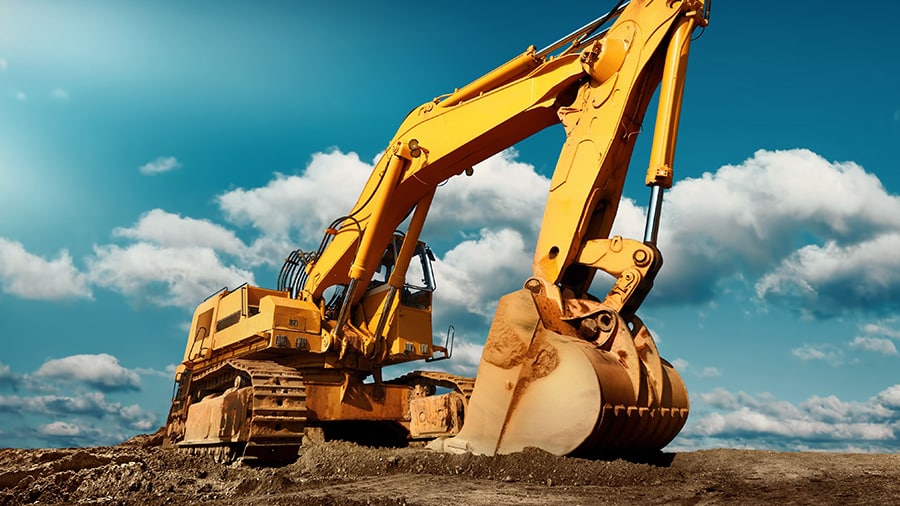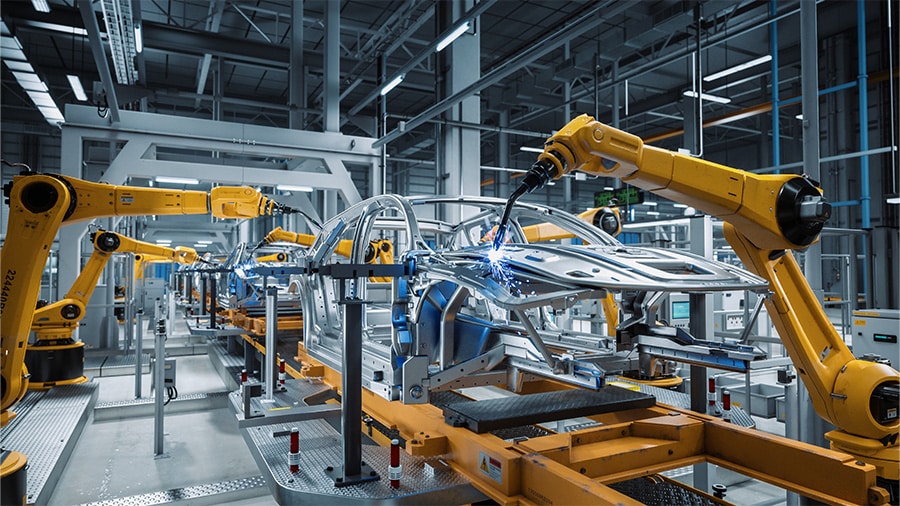


Transforming Manufacturing in a Volatile and Digital World
As a manufacturing leader, you face urgent pressures like disruptive technologies, sustainability targets, geopolitical shifts, talent shortages, and cost pressures, all while navigating the transition to smarter, leaner operations. Traditional approaches struggle to keep pace as complexity grows. Inefficient footprints, outdated processes, and disconnected systems block performance and delay transformation.
Whether launching a new production site, scaling digital tools, or redesigning operations, your success depends on aligning factory design, execution, and strategic goals.
EFESO supports you in bridging the gap between vision and execution, helping you unlock value in every part of your manufacturing system. We bring decades of experience to co-design scalable improvements that integrate digital, organizational, and operational levers—ensuring performance today and adaptability for tomorrow.
Meet our Manufacturing Global Leaders
Start the ConversationReal Results Achieved with our Clients
What clients achieve working with EFESO. Examples:
Faster manufacturing ramp-ups
OEE improvement supported by AI-enabled operations
CapEx reduction via modular factory design
A Tailored and Pragmatic Approach that Fits your Reality
EFESO helps you enhance manufacturing performance across four key areas: operational excellence, smart factory deployment, operations footprint, and factory planning. We assess your maturity and design transformation paths that align with your strategic goals. From layout design to AI implementation and performance coaching, our teams work side by side with yours, ensuring results that are scalable, data-driven, and sustainable.
Humanizing Industry 4.0

At EFESO and Solvace, we believe success lies in fostering true collaboration: between people and machines, shop floor and top floor. To understand how organizations are addressing this shift, we interviewed leaders from A2A, AMS Osram, Avebe, Cargill, Faurecia, Lamborghini, Philip Morris, Saint-Gobain and Sandvik. Their perspectives reveal how empowering connected workers can accelerate digital transformation.




The EFESO Touch
With over 40 years of experience, EFESO has delivered more than 1,000 manufacturing transformations across industries and regions. Our strength lies in combining strategic vision with real-world execution—on the shop floor, with your people. Whether transforming greenfield sites, upgrading digital capabilities, or redesigning your operations network, we embed capabilities for long-term impact.
Our expertise spans lean, TPM, WCOM™ (World Class Operations Management), smart automation, and digital twin technologies. Clients choose EFESO because we co-create results that last—enhancing operational systems, building resilient footprints, and accelerating performance across every stage of the manufacturing lifecycle.
Meet Some of our Manufacturing Team Members

Ready to Unlock Your Hidden Factory?
- Find massive capacity without new equipment
- Stop accepting ‘that’s how we’ve always done it’
- Join manufacturers hitting world-class OEE consistently





















